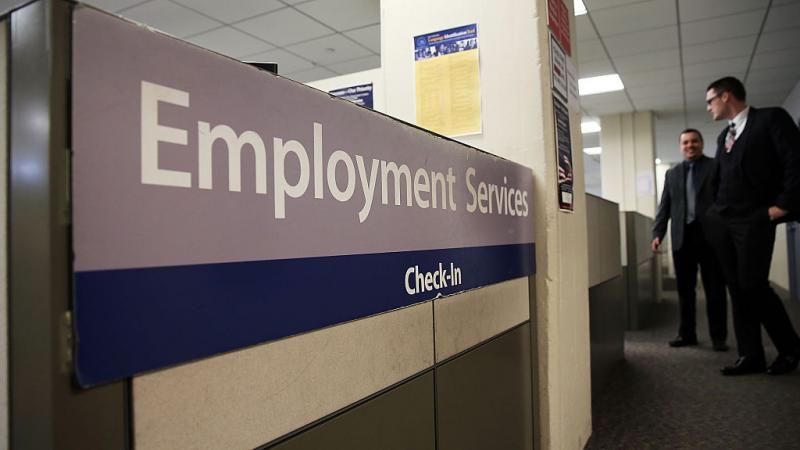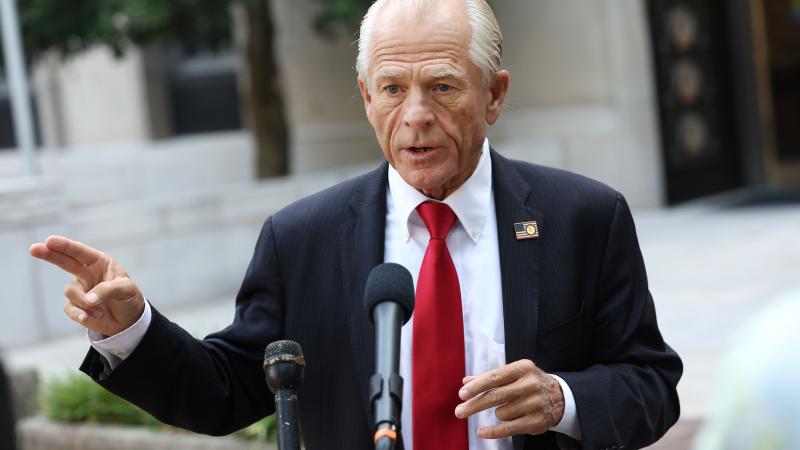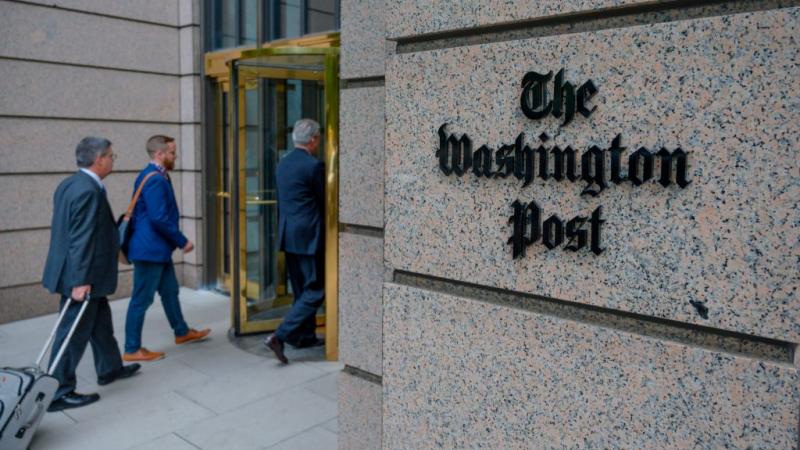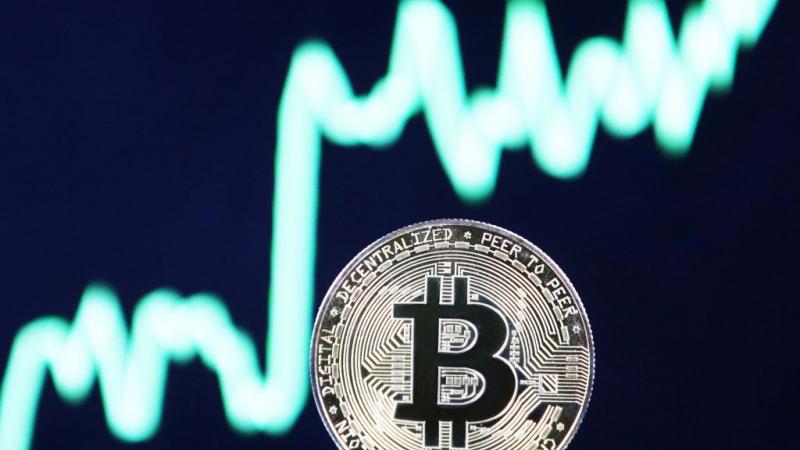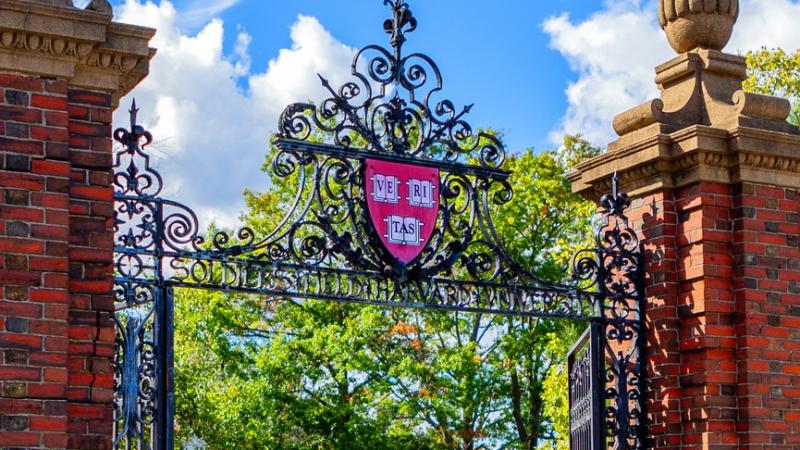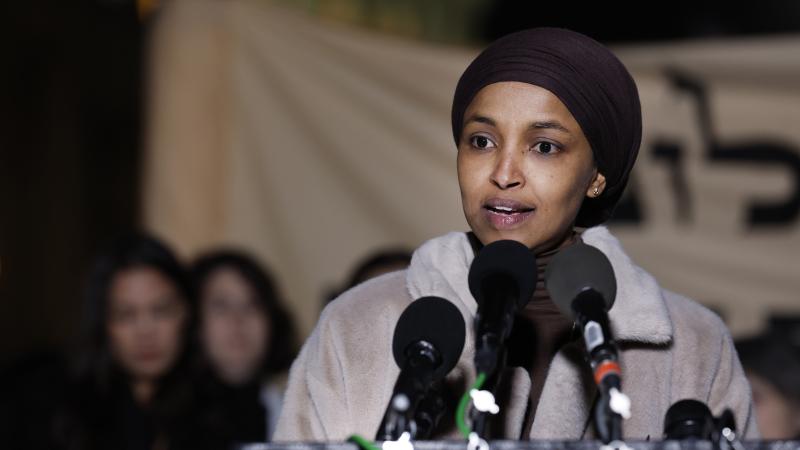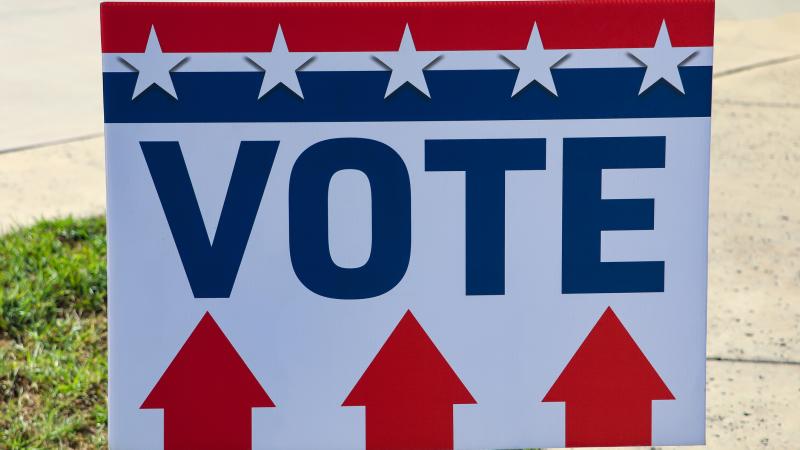Strong job growth puts Federal Reserve in a pickle as Trump's pressure escalates
Steady job growth and slightly elevated inflation rates indicate that the Fed will avoid rate cuts for now despite Trump’s demands.
Stronger-than-expected job numbers in June put the Federal Reserve chairman in a bind as President Donald Trump escalates pressure on the central bank to slash interest rates.
The Federal Reserve, governed by its mandate to keep price levels stable and facilitate full employment, will find it hard to cut interest rates. The Fed normally lowers rates when unemployment is rising or inflation has consistently met its 2% target. Despite a decline in the inflation rate from its recent highs, the measure still remains above the Fed’s target.
Yet, President Trump has slammed Chairman Jerome Powell for failing to cut interest rates, claiming that it is holding the economy back from even more gains after years of sluggish growth during the COVID-19 downturn and government stimulus efforts under President Joe Biden.
This puts Powell in a bind—facing a choice between pleasing the president or following historical precedent, and prolonging the rhetorical onslaught from the White House, which is entertaining plans to replace him.
The Fed's role in U.S. economic structure
The Federal Reserve was formed in 1913 to function as the central bank of the United States following a string of financial crises that lawmakers believed exposed weakness in the American financial system. The bank was given a triple mandate from Congress: maximize employment, stabilize prices, and set interest rates.
The most recent jobs numbers for the month of June seemed to indicate the economy maintains a strong position. The jobs report published on Thursday showed stronger-than-expected job gains—147,000 for the month—and a declining unemployment rate—shrinking to 4.1%.
The confirmation that the job market is stronger than predicted will likely lead the Federal Reserve to approach any new rate cuts in the immediate term with caution, even though there are underlying signs that a slowdown may be coming soon.
“The headline looks a lot better than the detail included in the data,” Joseph Brusuelas, chief economist at RSM US, told Bloomberg News on Thursday. But, he continued, “the data would tend to reaffirm the Fed’s analysis of an economy that’s slowing but still solid, and does not warrant accommodation at this time.”
Interest rates and correlation to inflation
The conflict between the Fed’s interest rate policy and President Trump’s demands comes from the Reserve Board’s efforts to combat the high inflation that characterized much of the Biden-era economy. Raising interest rates helps to temporarily boost employment and will eventually reduce demand, cooling inflation. Currently, employment is still increasing while inflation continues to cool, the opposite of the desired conditions for rate cuts.
“High inflation will usually lead to an increase in the number of workers to take advantage of the higher wages being paid,” assistant professor of economics at the University of Tampa, Thomas Stockwell, Ph.D., told Yahoo! Finance. “However, as workers realize their purchasing power has been eroded by inflation, they will be less willing to work.”
He also said that high prices will eventually slow the growth of demand, which in turn reduces the demand for labor. “Higher prices will eventually slow, or even reverse, demand growth,” Decker said. “With less demand, the need for more labor is reduced.” This relationship is the reason, Decker says, the Fed is choosing to keep interest rates high. “By reducing demand for goods, services, and business investments, there’s less pressure on both wages and prices, so inflation slows,” he added.
The inflation rate has cooled from highs of around 9.1% in June 2022 to about 2.4% today, still north of the Fed’s target, but far closer to the target.
Since taking office, President Trump has called on the Federal Reserve Board to lower interest rates to provide a boost to the economy. The president appears to believe the Fed’s current policy is holding back an economy poised for a boom under his economic policies.
A rate cut is inevitable, experts say
Some analysts believe that though a rate cut is unlikely to come in the near term, the Fed will move to slash rates as soon as this Fall as underlying weaknesses in the economy begin to affect its performance.
“The weak employment report supports our view that the Fed will cut the fed funds rate by 75 basis points by year-end to bolster a slowing economy despite a likely temporary run-up in prices stemming from tariffs,” chief economist at Nationwide Mutual Insurance, Kathy Bostjancic, said in a note to clients on Thursday, Bloomberg News reported.
The president believes that inflation is currently low enough to sustain interest rate cuts and has reiterated that belief repeatedly in recent months. “The U.S. Federal Reserve should cut interest rates by a full percentage point… Europe has had 10 rate cuts, we have had none. Go for a full point. The Fed could always raise rates again if cuts led to inflation,” Trump said in early June.
So far, the Fed chairman has refused to lower rates. The president insists that Powell’s reason for doing so is more political than realistic. The chairman has specifically cited the uncertainty surrounding President Trump’s tariff policies and ongoing trade negotiations in his decision to hold rates steady, according to NBC News.
By the end of June, Trump began to escalate his criticism of Powell. “I think we should be paying 1% right now, and we're paying more because we have a guy who suffers from, I think, Trump Derangement Syndrome… I’d love him [Powell] to resign if he wanted to, he's done a lousy job,” the president said at a White House event, according to Reuters.
Powell has pushed back on Trump’s allegations that the board’s decision to maintain rates is a political one, citing uncertainty about the effects of tariffs on inflation.
Powell: Fed must operate in a "nonpolitical way"
“In effect, we went on hold when we saw the size of the tariffs, and essentially all inflation forecasts for the United States went up materially as a consequence of the tariffs," Powell said at a meeting of central bankers in Portugal. "So we didn't overreact — in fact, we didn't react at all. We're simply taking some time.”
He also emphasized that the central bank is only successful at delivering financial stability for Americans when it operates in a “completely nonpolitical way.”
Nonetheless, President Trump has floated the idea of replacing Powell as the Federal Reserve Chairman. Though the president has repeatedly threatened to remove Powell before the end of his term in May 2026, statements from administration officials and the White House indicate there are no immediate plans to do so.
Instead, the president could nominate his choice to grant authority to a central bank board vacancy that opens in January, several months before Powell’s term is set to expire. Treasury Secretary Scott Bessent said on Thursday that the administration would focus on finding a replacement for Powell in the fall, telling CNBC that Trump has "a lot of good candidates” lined up to potentially take on the role.
During the interview, Bessent criticized the Fed’s failure to cut rates, saying that, under previous models, the bank should have already slashed rates. "What we've seen so far is that tariff, tariffs haven't hurt. The dog that didn't bark was that tariffs are going to hurt the economy, they're going to hurt markets,” Bessent said.
As of late June, the White House said that “no decisions are imminent” on replacing Powell. “Although the President has the right to change his mind,” an unnamed White House official told The New York Post.
“The President has many good options to nominate as the next Federal Reserve chairman,” the official added.
The Facts Inside Our Reporter's Notebook
Links
- The Federal Reserve
- slammed Chairman Jerome Powell
- a triple mandate from Congress
- jobs numbers for the month of June
- told Bloomberg News on Thursday
- told Yahoo! Finance
- 9.1% in June 2022
- 2.4% today
- called on the Federal Reserve Board
- said in a note to clients
- said in early June
- according to NBC News
- said at a White House event
- Powell said
- focus on finding a replacement for Powell in the fall
- a White House official told

